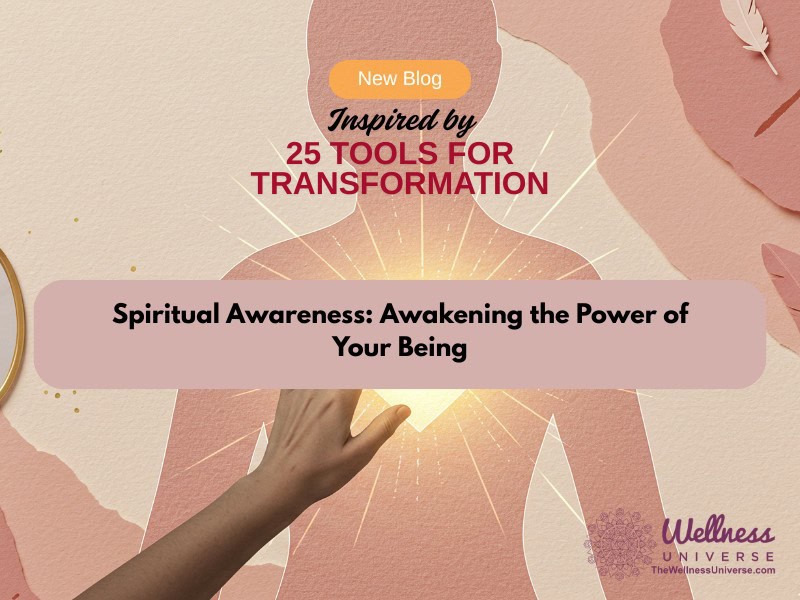We are in unprecedented waters with COVID-19.
While you’re considering all that’s happening, take a moment to pause. Remind yourself that our brains are hard-wired to gravitate toward the worst-case scenario. Remind yourself that your worst-case scenario is not the same as everyone else’s.
I know you already know this.
Pause.
Remind yourself.
Notice.
Notice how your worries are all about you and your lifestyle. Remind yourself that there are 7,999,999,999 other people on the planet, some of whom have similar lifestyles. Most are vastly different.
Can you take a moment to imagine?
→ Imagine what it might be like to have an immunocompromised child during this time. What if you had a 10-year-old whose child suffers from Cystic Fibrosis? If that were you, would that change how you choose to think about and respond to this situation?
→ Imagine what it’s like to be 67 years old, newly retired, and successfully managing the COPD you got from workplace air pollution. If that were you, would that change how you choose to think about and respond to this situation?
→ Imagine you’re a nurse at an urgent care facility. Self-quarantine is not an option, and you’re required to show up in an environment that almost guarantees exposure if this isn’t contained. If that were you, would that change how you choose to think about and respond to this situation?
→ Imagine you’re a teacher, and you’re getting by paycheck to paycheck. Suddenly, your next 3 or 4 paychecks are in question and you have a family to consider. If that were you, would that change how you choose to think about and respond to this situation?
→ Imagine you’re a scientist who has spent your career studying infectious diseases, outbreaks, epidemics, and pandemics. You\’ve trained for this exact scenario, you’re speaking out, and sharing your knowledge because you know how to contain this. If that were you, would that change how you choose to think about and respond to this situation?
→ Imagine you have 3 children in elementary school, you’re working two minimum wage jobs and receiving assistance to keep your family together. School is canceled for 3 weeks, and now you have to provide three lunches that are normally covered by the free and reduced lunch program at school. If that were you, would that change how you choose to think about and respond to this situation?
→ Imagine you’re self-employed, and a big chunk of your yearly income comes from certain events and conventions you attend each year. All of your events in the next 6 months have already been canceled, and your livelihood is at stake. The loss of that income could bankrupt you. If that were you, would that change how you choose to think about and respond to this situation?
I could go on because the scenarios to imagine are endless. However, being able to imagine what it might be like for someone else is an important skill that many of us have lost. Too many of us have taken a What about me? approach to our lives. To get through this scenario as unscathed as possible, the exact opposite approach is needed.
It Takes a Village.
Normally, it takes practice to condition yourself to think in a village way, and we don’t have that kind of time. The only way to hack the learning curve is to force people into change, and this pandemic is doing just that. No one person is pulling the strings here. This is a global issue, so the effects reach far beyond the borders of the United States. This is not a hoax or a massive conspiracy set in motion by one person or even one group. Think about it; if you believe this is a Democratic hoax, by definition that means you believe the Democrats have the ability to come together and work cooperatively to pull-off a global mass-hysteria. That’s a lot of power for a group who can’t seem to get their shit together during an election.
We are in unprecedented waters, and this situation brings up unknowns for all of us.
Admit it to yourself that it’s hard to stand amidst the unknown. No one enjoys being in unprecedented waters. We have no idea what might be lurking there, and that’s exactly where we all find ourselves.
Remind yourself that our species is hard-wired to go into survival mode when faced with the unknown. A lack of self-awareness, an inability to imagine other points of view, and only thinking about the impact this has on you, personally, only serves to make the situation worse. Remind yourself that we’ve ALL grown-up in a Me-Me-Me society, and that it’s what we’re used to. It’s not comfortable to take on a new reality so suddenly, and that’s exactly what we’re being asked to do. Taking on a sudden, new reality could be the difference between life and death for the most vulnerable in our communities.
To survive this with your sanity, absolutely consider yourselves and the best plan of action. And also consider the various situations other people face. I’ve offered 7 different scenarios to consider above. How many others can you come up with on your own? How many people do you know directly who could benefit from your cooperation and harmed by your resistance?
Why is this important? Becoming a village requires each of us to have the ability to think beyond ourselves. I’m witnessing a lot of people talking about the village, yet refusing to THINK and DO anything differently in their own lives to make it happen. If we are to work cooperatively to minimize the spread of COVID-19, we must begin to think beyond ourselves. We must DO things that are uncomfortable for the greater good, which is looking like a two-week quarantine to help contain the virus.
To better understand the quarantine, it’s important to think exponentially, not linearly. If you’re not sure what that means, the book One Grain of Rice is a quick way to get the gist of exponential thinking.
Imagine COVID-19 is the rice. Keep the math going beyond 30 days and think globally. Does that help to understand why some countries like Italy went on lockdown after it showed up on their doorstep? Does it help to understand why countries like Norway are going on lockdown as a preventative measure to minimize the ultimate impact?
We are faced with the pandemic equivalent to containing a wildfire.
I have yet to witness people challenging the decisions, recommendations, and actions of firefighters when a wildfire is raging out of control. Because we understand they are the experts, we trust them to keep us safe; therefore, we step out of the way and let them work. We evacuate, restrict travel, and cooperate when they suggest it.
So, why aren’t we doing that with the experts in this scenario? Why are we refusing to cooperate? Why are we arguing? Why do we think we know more than them about how to contain this? I’m not an infectious disease expert, which is exactly why I’m choosing to listen to what they have to say.
I’m not happy about the possibility of canceling my upcoming travel. I’m pretty sure I’m going to bail on one trip, and maybe two. If that happens, it’s going to set me back months, possibly a year or more, in acquiring a certification I’ve been working on for over 3 years now. That sucks for me. AND, it’s also in service to the greater good that I’m willing to make whatever changes are necessary for the best possible outcome for ALL.
Let’s re-learn what it means to roll with the punches.
Coming together as a village requires an attitude of service.
Ask yourself, “Who do I want to be?” “Do I want to be the person who cooperates?” “Do I want to be helpful?” “What, if anything, am I willing to do (or not do) to help contain this virus?”
We all have lots of choices, and the biggest one each of us can make personally is this…
Me or We?
It’s up to you.
Much Love,
– Jennifer

Find great products and services for your well-being from members of The Wellness Universe!
Jennifer Whitacre is an Empowerment Strategist, host of the Yes, And… Podcast, and an author who helps her clients find their unique Life GPS System. It’s her mission to educate & inspire people so they can shift their focus, get unstuck, and move forward in life.



